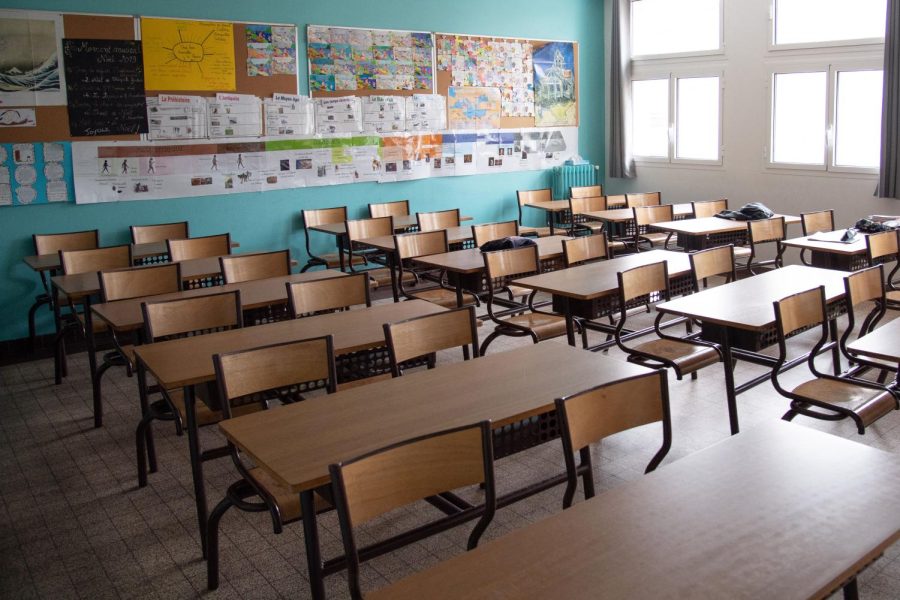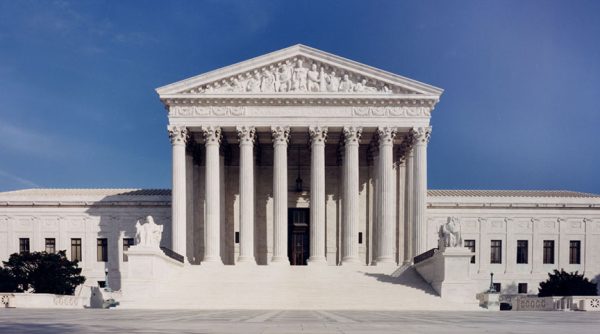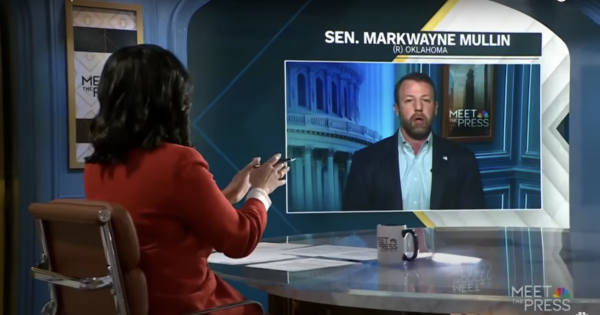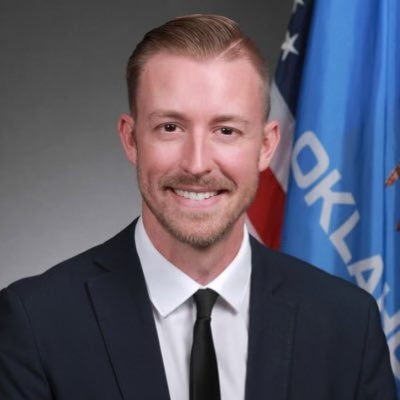Pandemic, new state law stressful for school board members
School boards across the nation decided how to handle the Pandemic in their respective districts. While dealing with routine agenda items and COVID-19, Oklahoma boards have also been faced with the integration of House Bill 1775. PHOTO BY: Brookings.edu
With no manual or list of emergency procedures, school boards across the country were each in a unique position to build district plans and decide what was best for their communities as the COVID-19 pandemic swept the nation.
COVID-19 led members to make unprecedented decisions, and Oklahoma boards have also faced the integration into school curriculums of House Bill 1775, a law that made it illegal for schools to, either knowingly or unknowingly, teach students that they are inherently racist, sexist, or oppressive due to their sex or race.
“Dealing with (the pandemic) was incredibly stressful at first because there was no manual to go by,” said Chris Cunningham, president of the Yukon Public Schools board. “It seemed like no matter what decision we made, it was incorrect. We’re not going to please everyone because public opinion was divided, and it was divided equally.”
School boards are nonpartisan, but issues in recent years have often divided constituents along party lines.
“We try our hardest to compromise, keeping in mind what is best for the students. And that is what I will say about the school board that we have,” Cunningham said. “Our utmost concern is what is best for the students, and no matter what that decision is what we try to use and go by.”
Norman School Board President Daniel Snell said constituents’ opinions about COVID-19 were obvious during a recent meeting, though it could have been worse.
“We had a segregated meeting where half the people were masked and sat on one side and the other half sat on the other, which we had never had before,” Snell said.
“But they were decent to each other. They actually made fun of the segregation. You see the videos in Maryland or Virginia where they were yelling at each other, and that did not happen. But I do think it has been a struggle for everyone. You know, what’s the right public health decision?”
Paula Lewis, president of the Oklahoma City Public Schools board of education, said families come first when decisions must be made.
“We had more pushback from people who wanted us to keep kids out of school longer than from those who wanted to get them back in sooner,” Lewis said. “I don’t know if anyone in the OKC metro got pushback because private schools stayed in and they are more of a red demographic, and we are more of a blue.”
School board members hear plenty of feedback from voters, said Tulsa board of education member Judith Perez.
“The majority of the district of Tulsa Public Schools has been receptive… the majority,” Perez said. “The only thing is there are a few, and it’s not the majority, but a few parents are loud. They have the privilege and they are loud, so it makes it seem like the community is not receptive, but it is.”
School boards have also been taking action regarding House Bill 1775, which was signed into law in 2021.
“We denounced it unanimously as a board as soon as it came out,” Lewis said. “The very first board meeting after that we had it on the agenda to discuss, and we voted and said we won’t support that law or anything above that.”
As Lewis sees it, the Oklahoma City district does not teach critical race theory.
“If anyone has taken the time to learn what CRT is, it’s a high-level law theory that is taught in law schools,” Lewis said. “We don’t expect them to call my son, just because he is a white guy, an oppressor, but if my mixed nieces can learn their ancestors were enslaved then my white son can learn that his ancestors were once the slave owners.”
Cunningham said Yukon is “not intending to change any curriculum at this time.”






